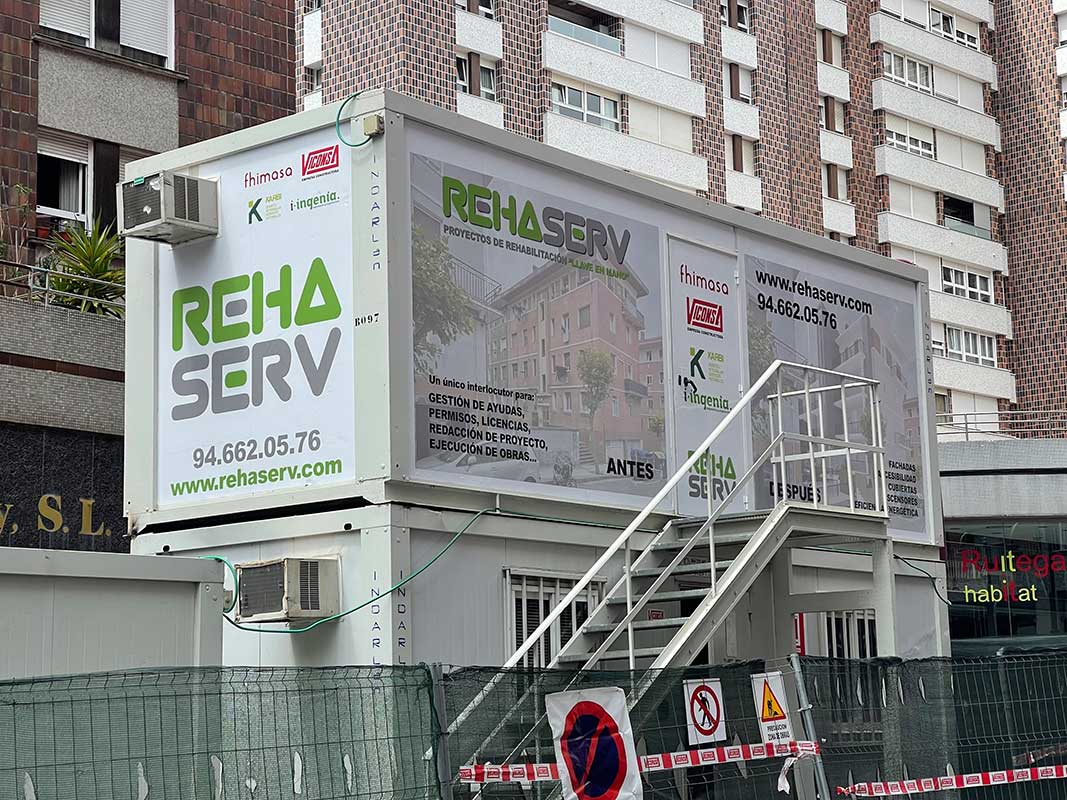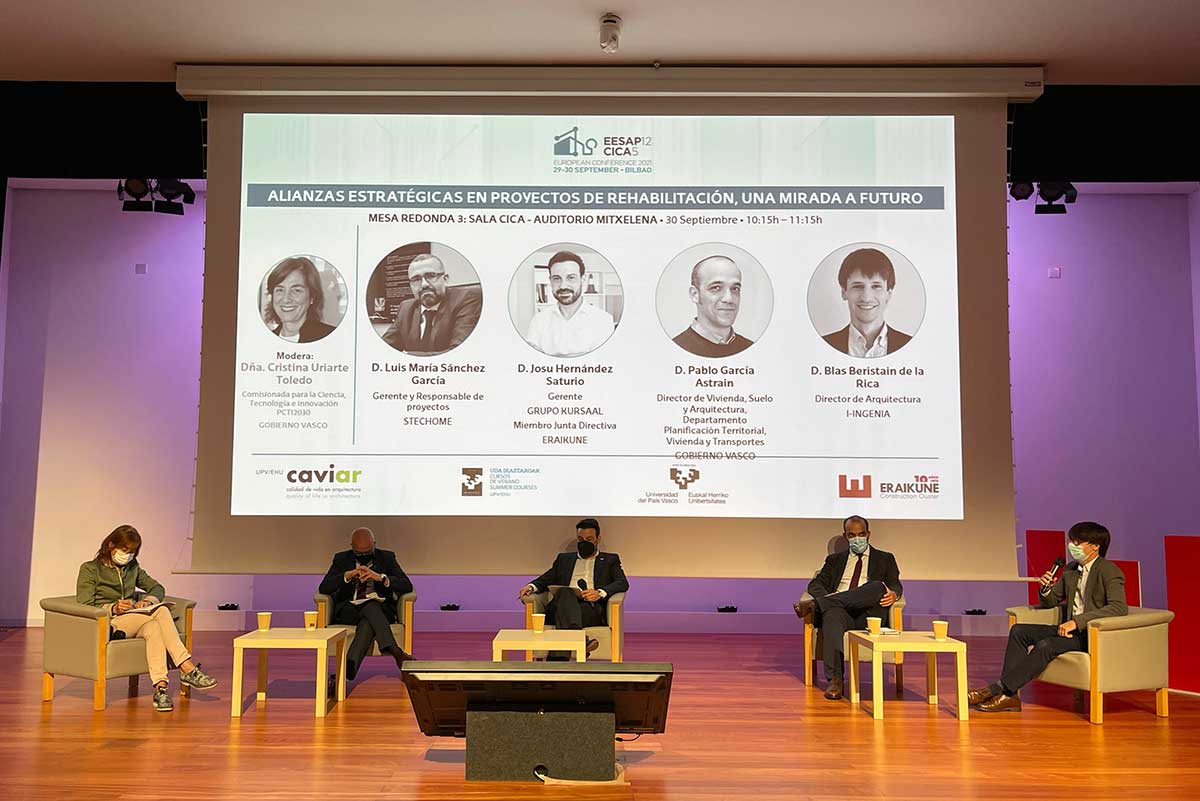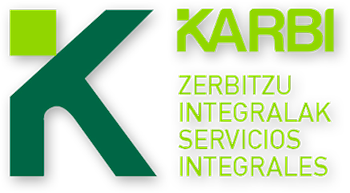REHASERV
SERVITISATION IN BUILDING RENOVATION
Construction is one of the key sectors in the transition to a circular economic model due to its high consumption of resources, as well as the waste it generates. There is a major need for the renovation of buildings in the Basque Country and there is a large amount of funding available for this type of intervention but, on the other hand, there are disconnections between the design, construction, use and maintenance processes and the end of life which cause poor quality interventions that fail to take into account the whole life cycle of the building.
FHIMASA, a reference supplier in the construction sector, seeks to position itself in the renovation sector by offering a quality turnkey solution, and is leading REHASERV, in which it has relied on the collaboration of the multidisciplinary engineering and architecture professional services company, I-INGENIA, the environmental consultancy firm specialising in carbon footprint and Life Cycle Analysis (LCA), GRUNVER SOSTENIBILIDAD, and the building energy renovation company, RENER.

DRIVING FACTOR


 OBJECTIVES
OBJECTIVES
- Carry out a strategic reflection, explore different servitised business models and analyse the viability of a new circular business model: servitisation in building renovation (public and private, residential and industrial).
- Drive a change in traditional business models.
- Decrease dependence on product manufacturing companies and focus on meeting market needs.
- Enable the implementation of eco-design strategies that were previously incompatible with the interests of the manufacturing company.
- Focus on a design that considers the entire life cycle of the building.
 RESULTS
RESULTS
- Market launch of the REHASERV service (http://www.rehaserv.com) for building renovation projects.
- Formation of a consortium for the REHASERV service, made up of the construction firms, FHIMASA and VICONSA, the renovation company, KARBI and the engineering firm, I-INGENIA, with the support of the Basque Construction Cluster, ERAIKUNE.
- Design projects for different neighbourhoods in Bilbao and Abanto-Zierbena, and communities of owners with excellent commercial and environmental results (energy efficiency, circularity, sustainability, etc.)
- Increased turnover of around 30% is expected for each of the consortium's partner companies in the coming years.
 CONCLUSIONS
CONCLUSIONS
- Initially, servitisation is welcome and feasible in the renovation of public and private residential buildings. Coupled with the foreseeable high demand for building renovation services, this is an incentive to launch the service on the market.
- The participation of the public administration in REHASERV has been a key factor in achieving a greater degree of complexity and scope, obtaining a clear differentiation in the market, and positioning in light of the challenges, strategies and financing of European circular economy policies.
ENVIRONMENTAL
TECHNICAL
ECONOMIC
COMMERCIAL
ON THE MARKET




